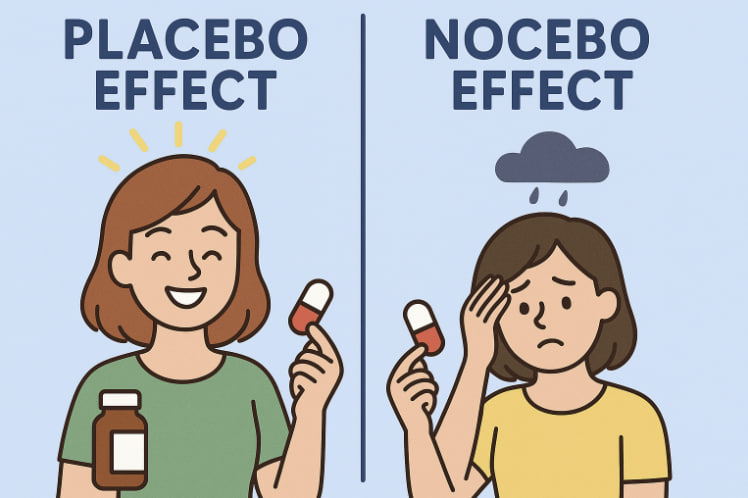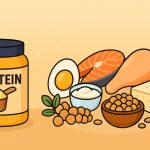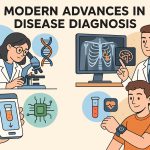The human brain plays a powerful role in how we experience health and illness. Two fascinating examples of this connection are the placebo effect and the nocebo effect. These psychological responses can influence how we feel, heal, or even suffer—without any active substance involved. Understanding these effects is crucial for both patients and healthcare providers.
What Is the Placebo Effect?
The placebo effect occurs when a person experiences real improvement in symptoms after receiving a treatment that has no therapeutic value—like a sugar pill or a saline injection. The effect arises not from the substance itself, but from the person’s expectation that the treatment will help.
Placebos have been shown to:
- Reduce pain
- Improve mood
- Decrease symptoms like nausea or fatigue
- Trigger measurable changes in brain chemistry
The brain can release endorphins, dopamine, and other healing chemicals simply because we believe we’re being treated.
What Is the Nocebo Effect?
The nocebo effect is the opposite of the placebo effect. It happens when negative expectations lead to worsening symptoms—even when receiving a harmless treatment. For example, a person told they might experience side effects may actually feel them, even if they were given a fake treatment.
Common nocebo responses include:
- Headaches
- Fatigue
- Nausea
- Anxiety
The nocebo effect highlights how fear, suggestion, or mistrust can harm our perception of health.
Why These Effects Matter in Medicine
Placebo and nocebo effects are not just psychological tricks—they’re evidence of the deep connection between the mind and body. In clinical trials, placebos are used as controls to separate the effects of the treatment from the effects of belief.
For doctors, understanding these effects helps:
- Improve communication with patients
- Build trust and reduce anxiety
- Design better clinical trials and treatments
For patients, it shows how mindset, trust, and expectations can significantly shape outcomes.
Real-World Applications
These effects are seen in various areas of healthcare:
- Pain management using placebos has shown measurable effects in brain imaging studies.
- Surgery trials have revealed that even sham procedures can lead to real improvement.
- Side effects from medications can be worsened by reading negative online reviews or warnings.
Harnessing the placebo effect ethically—by promoting hope and confidence—can enhance healing. Avoiding the nocebo effect involves providing information carefully and compassionately.
Glossary
- Placebo effect – A beneficial health response triggered by belief in an inactive treatment.
- Nocebo effect – A harmful or negative response caused by negative expectations of a treatment.
- Expectation – A mental belief or anticipation of an outcome.
- Endorphins – Natural chemicals in the brain that relieve pain and boost mood.
- Control group – In research, a group that receives a placebo to measure the true effect of a treatment.


